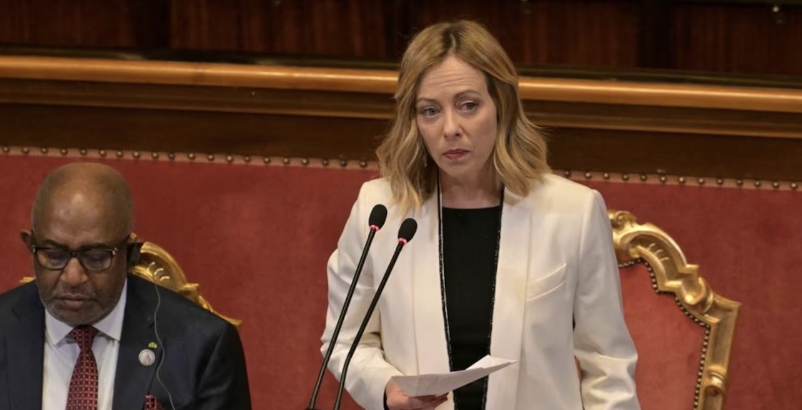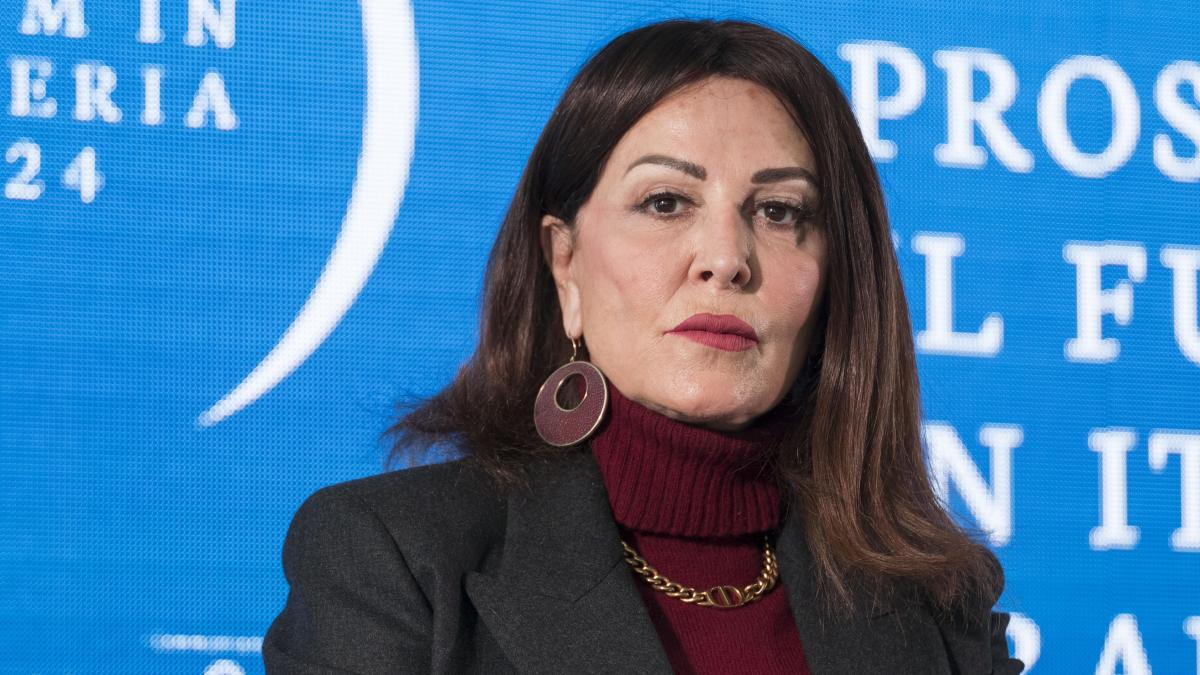Posted by Roberto Isibor (Litigation Team Associate at Hogan Lovells) H Isokin Obayagbonna (Assistant Banking and Loan Finance Team at Hogan Lovells) –
After transferring Legislative Decree No. By Resolution No. 161 of November 15, 2023, known as the Mattei Plan, which was signed on January 11, 2024, the Italian-African Conference was held in Rome, in which some details related to the Italian government’s initiative emerged. Mattei's plan aims to strengthen the partnership between Italy and African countries by disbursing funds worth 5.5 billion euros over the next four years, with the aim of stimulating more investments from the private sector than from the institutional sector.
Economic relations between Italy and Africa
Data related to trade relations and investments between the two regions attest to the unified interaction between the two regions.
According to data from the Economic Observatory of the Ministry of Foreign Affairs, in 2022, there were 502 million euros of direct investments from Italy to the countries of the African continent (but the values are far from the more than two and a half billion in 2017 and 2018). ), with a balance of direct investments equivalent to approximately 27 billion euros by 2022. If we look instead at the commercial trade between Italy and Africa in the same year, the latter equates to an amount exceeding 69 billion euros, making Italy the second largest country in the world. world in imports of African products (with a particular focus on raw materials) and eleventh in exports (with an emphasis on machinery for various uses, as well as on products derived from oil refining).
The Mattei Plan for Africa is underway. Date in June for first data (Illustration from Sole 24 Ore)
If we look at each country individually, Italy's main trading partners in 2022 are the countries of the North African region, followed by South Africa, various West African countries (such as Nigeria, Ivory Coast and Senegal), as well as Angola and Italy. Congo.
Overall, as of 2017, there were 1,740 Italian companies present in Africa, with a total turnover of approximately €26 billion, operating not only in the energy sector, but also in the construction, transport, logistics and mechanical sectors.
Growing interest in the African continent
Italy's strategic interest in Africa also appears to be growing, as evidenced by the dramatic increase in the Institute of Foreign Trade's offices on the continent. If we think about Sub-Saharan Africa alone, we have gone from one office in Johannesburg in 2013 to 8 ICE offices in 2024: Johannesburg (South Africa), Accra (Ghana), Addis Ababa (Ethiopia), Dakar (Senegal), Lagos (Nigeria), Luanda (Angola), Maputo (Mozambique), and Nairobi (Kenya), to which are added the offices of Algiers (Algeria), Casablanca (Morocco), Cairo (Egypt), Tunis (Tunisia) and the point. Correspondence from Brazzaville (Congo).
Strategic focus of the MATE plan
With the aim of providing further support for economic relations between the two geographical regions, by Law No. 10 of 2018 regarding 2 of January 11, 2024, Converting (with amendments) Legislative Decree No. 161 of November 15, 2023, a A plan “aimed at promoting development in African countries”.
Pursuant to art. 1 of the Decree-Law, the Mattei Plan represents a strategic programmatic document aimed at promoting Italian development on the African continent, by identifying areas of intervention and priorities, focusing, among other things, on encouraging exports and investments, strengthening digital infrastructures, as well as valuing and developing resources Renewable and circular economy.
Control room: This is how it will be set up
In order to implement this programme, the new legislation creates a control chamber (see Articles 2 and 3 of the Decree-Law) called to supervise the plan for the expected four-year period and composed of representatives of the government, local authorities and principal authorities. and public affiliates, as well as experts and stakeholders from civil society, private and academic scenes.
The Control Room, when appointed, will be responsible for coordinating cooperative activities involving Italy and African countries, approving program documents and relevant updates, monitoring the implementation of the plan and approving the annual report submitted to Parliament. Furthermore, the Control Room will be tasked with enhancing coordination between different levels of government and public and private bodies, as well as promoting access to international financial resources (including the EU-Africa Global Portal promoted by the European Commission) and coordinating communication initiatives related to the plan.
The economic burdens covered by the legislative decree are currently limited to the structural costs of the mission established by the Presidency of the Council of Ministers (about three million euros annually).
Clarifications on the priorities of the Mattei Plan
Some clarifications were provided regarding the implementation of the decree-law on the occasion of the Italian-African Conference held on January 29-30, 2024, where the Italian Prime Minister explained that the Mattei plan will be embodied in a strategic intervention focusing on a small number of medium- and long-term priorities, with an initial financial coverage of 5.5 million euros. EUR 1 billion (including credits, gifts and guarantees).
The strategic guidelines for the Mati Plan, and therefore related financing, were also outlined, which will focus on the education and training, health, and agriculture sectors, as well as energy and water access.

African Union President Ghazali Ousmane and Prime Minister Giorgia Meloni (AFP)
This topic also provided some examples of the pioneering projects that Italy has launched or will launch during the coming period, which include, for example:
– Building a center of excellence for vocational training in Morocco on the subject of renewable energy;
– Redevelopment of school infrastructure in Tunisia;
– Improving access to primary services in Côte d’Ivoire;
– Agricultural monitoring project in Algeria.
– Establishing an agri-food center in Mozambique and a grain and legume production area in Egypt;
– Developing some water projects in Tunisia, Congo and Ethiopia, as well as a biofuel supply chain in Kenya;
– Completing the communication infrastructure (mainly energy) between the European and African continents.
The role of Cassa Depositi e Prestiti
In the context of the conference, the government also announced the launch, in cooperation with Cassa Depositi e Presiti, by the end of this year, a new financial instrument aimed at facilitating private sector investments within the framework of the Mati Plan. In the same sense, we refer to the announcement by Simest SpA of a supported financing package worth €200 million in favor of synergistic growth between Italy and the countries of the African continent.
What to expect from Plan Mate
In anticipation of the appointment of members of the control room and the drafting of the programmatic document that will provide details about the initiative, the MATI plan is currently in the preliminary development stage (it lacks indications on financing methods and the selection of private investment projects).
video / Meloni: “Matti’s plan is not a closed box.”
With reference to the implementation dates, according to the Legislative Decree, the government must send to Parliament a preliminary report on the status of implementation of the Mati Plan by June 30, 2024. Therefore, it is hoped that by the end of the first half of the year the first version of the program plan may already be available in the year the next.

“Internet trailblazer. Travelaholic. Passionate social media evangelist. Tv advocate.”







More Stories
Economic agenda for May 6, 2024
A fine of one thousand to five thousand euros for the owner who renovates the house with a violating company
Can artificial intelligence beat the markets? Governor May